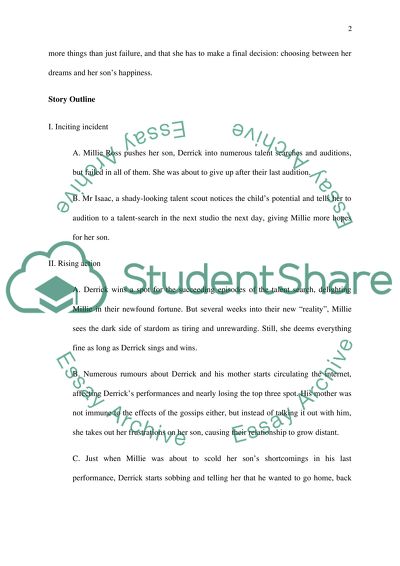Cite this document
(“Into Another Reality Assignment Example | Topics and Well Written Essays - 2000 words - 2”, n.d.)
Retrieved de https://studentshare.org/visual-arts-film-studies/1484328-report
Retrieved de https://studentshare.org/visual-arts-film-studies/1484328-report
(Into Another Reality Assignment Example | Topics and Well Written Essays - 2000 Words - 2)
https://studentshare.org/visual-arts-film-studies/1484328-report.
https://studentshare.org/visual-arts-film-studies/1484328-report.
“Into Another Reality Assignment Example | Topics and Well Written Essays - 2000 Words - 2”, n.d. https://studentshare.org/visual-arts-film-studies/1484328-report.


